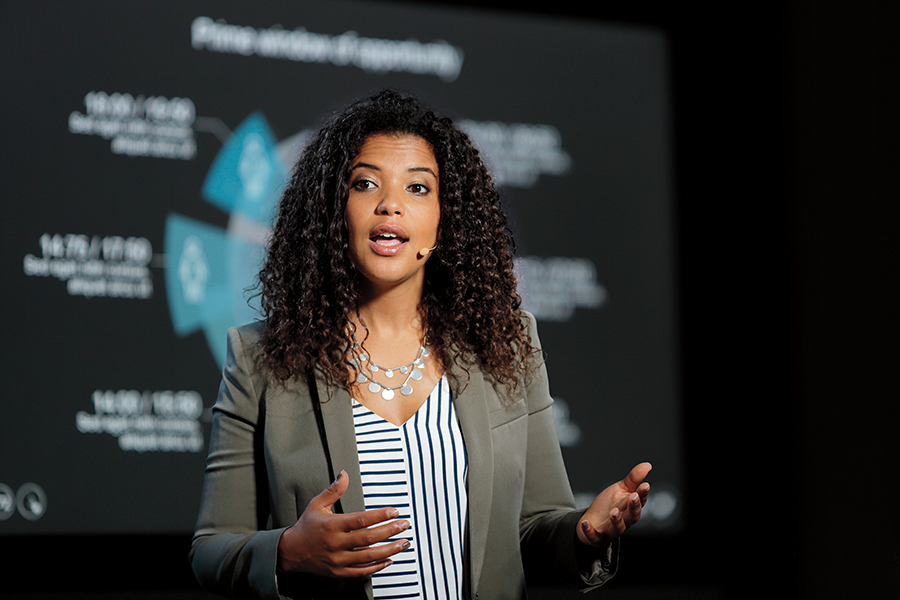Speechmaker James Rosebush answers your questions on effective speechmaking.
One of the most important lessons to learn from a great speaker is cadence, rhythm, and emphasis. These are all elements of performance. No matter how simple, every speech is a performance — even convincing your kids to eat their dinner or go to bed. Never forget that. Take Dr. Martin Luther King as one example. His soaring rhetoric was punctuated by repetition, illusion, and alliteration. He asked you to join him on this ride, and he used quotes from respected sources greater than himself. Yes, he had a dream, and when you heard that, you wanted to know more about his dream and how it could affect you. He also made it very personal.
Another example would be Winston Churchill, who was a poetic linguist. But he added to that a definitive urgency that drove you to listen, to hang on as if your life depended on it. Just like MLK, Churchill made you convicted. They both made you rise up to your better self. We need more speakers like that, and we suffer from a lack of them. Try these tactics yourself — even if your work is less lofty and your words are designed for an audience of just one or two.
An audience will sum up a speaker in an instant. What’s the best strategy for the opening of a speech?
Surprise them. Tell them how interested you are in them. How humbled you are to have been invited. Reveal a natural appreciation of their being in the audience and an upbeat, energetic, and enthusiastic “Hello!” Then, plunge immediately into a story. You might begin it this way: “Before we take up the business at hand, I want to tell you a story, and it’s about a young woman who knocked on our company front door one day, looking for a job.” Make it compelling, and they will dig in and even forget where they are. Recently, I asked a new client what he had found compelling about my sales pitch, and he had a surprising answer:
“You had me at hello.”
“Really?” I replied in astonishment.
He explained that he was taken by my authenticity and genuineness — and that made him sign up! Amazing, I didn’t even have to convince him of the details because he was moved to action by my one word of welcome. Remember, it’s your conscious connection, often unspoken, that wins an audience. Empathy with your audience rules the day, on stage and off.




































